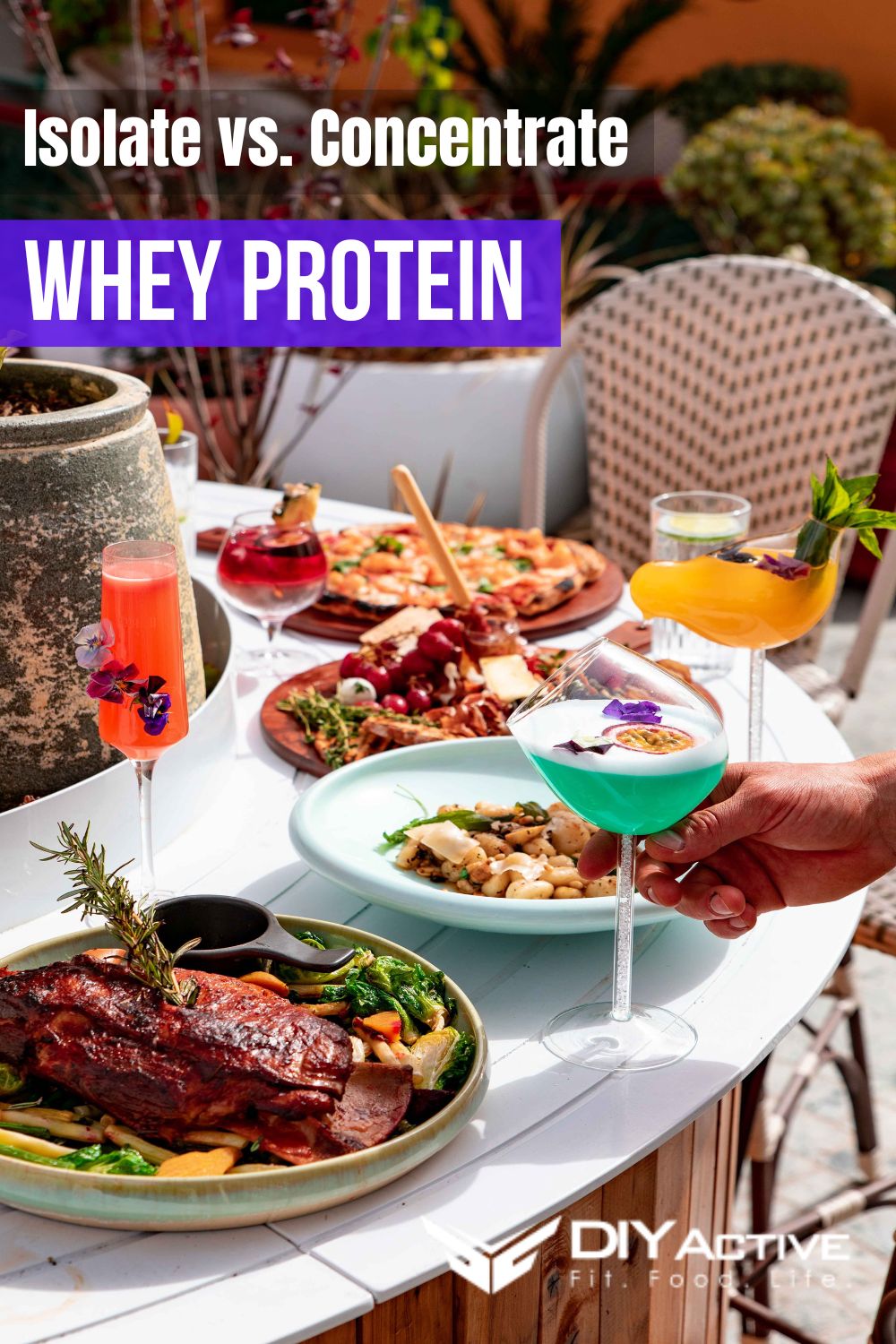What Whey Protein?
Whey protein is a staple of the bodybuilding and fitness community, but it’s also used by many people who just want to ensure they get enough protein in their diets. As with most things, there isn’t one perfect option for everyone.
Isolate vs. Concentrate
Some people prefer concentrated whey because it’s more affordable, while others like isolates because they contain more protein. Which is the best for you all depends on how you want to use your whey! In this article, we’ve got you covered.
Whey Protein
Historically, whey protein is a dairy product that’s been around for over 2,000 years. Whey is the liquid left over after milk has been curdled and strained to make cheese. It contains all the nutrients from milk (including calcium, vitamins A and D) and some extra amino acids absorbed during processing.
Whey also has a high concentration of branched-chain amino acids (BCAAs) and other important components that can help build muscle and improve overall health. It also contains lactoferrin, immunoglobulins, and other essential compounds that can help reduce muscle soreness after intense training sessions.
As a by-product of cheese manufacturing, it can be found in both concentrate and isolate forms.
Whey Protein Isolate

Both whey isolate and whey concentrate are derived from cow’s milk, but the differences between them come down to processing. Whey isolate is typically made using a microfiltration process that separates the protein from other components like fat, lactose, and carbs. This makes it a more pure form of whey than concentrate but the most expensive option on the market.
Specifically, it contains about 90% protein and very low amounts of lactose and fat. In other words, its higher protein content can also be taken in smaller doses with fewer calories. Overall, it’s a good choice for people who want to gain muscle mass or are on a low-carb diet.
It can also be used by athletes who need more protein during their workout but still want to maintain weight, such as bodybuilders.
Whey Protein Concentrate
Whey protein concentrate can vary from 29% to over 80% in concentration. It contains up to 80% of those non-protein components, depending on how much liquid is removed. It typically has a little more lactose and fat than isolate. On a positive note, it contains a number of vitamins and minerals, including calcium, vitamin B12, and vitamin A.
Whey protein concentrate may be better suited for your needs if you’re looking for an affordable option. Despite its price, it can still help you recover after exercise and build muscle mass over time without causing side effects like bloating or gas.
Apart from having up to 80% of those non-protein components (depending on how much of the liquid is removed), there aren’t any other drawbacks associated with using whey concentrate.
Which Is the Best?
According to many whey protein reviews, when it comes to taste, whey protein isolate tends to have a smoother taste due to its stringent filtering process. It usually has less sugar, but some brands, like whey gourmet isolate, have a variety of flavors that can make whey protein isolate tastier.
Conversely, whey protein concentrate tends to have a chalky texture. However, many consumers claimed they liked it better due to its fat and lactose (sugar).
Whey isolates are more suitable for those with lactose intolerance, a condition where the body becomes unable to digest lactose. Lactose is a sugar found in dairy products like milk and yogurt.
If you’re lactose intolerant and take whey concentrate, it could cause digestive problems like bloating, nausea, or diarrhea after consumption.
Moreover, whey isolate is a better choice if you’re trying to build muscle. It contains more amino acid leucine—one of the three proteins that make up protein itself. Leucine stimulates muscle activity, aids in fat loss without muscle loss, improves protein synthesis, acts as a good energy source, and aids muscle recovery.
In addition to leucine, isolate offers a much higher concentration of protein per scoop and is, therefore, more effective at promoting muscle growth, recovery, and overall health.
However, this comes at an expense: isolates are more expensive than concentrates. If you’re on a budget but still want high-quality protein supplementation, go with whey concentrate instead.
The slightly lower protein concentration in whey concentrate means that it won’t cost as much money or be quite nutrient-dense per serving. Despite that, it still gives adequate amounts of nutrients and protein in your diet.
Nonetheless, generally speaking, if you’re using protein powder just because it’s convenient, then there’s no need to splurge on something like isolate anyway!
Wrap-Up
Whey protein isolate and concentrate are both great for improving your health and fitness goals. However, keep in mind that whey protein is a supplement, not a replacement for food. If you can, get enough protein from whole foods so your body can make all of these health benefits naturally happen.
Photo by Josh Kobayashi
Photo by Team Picsfast